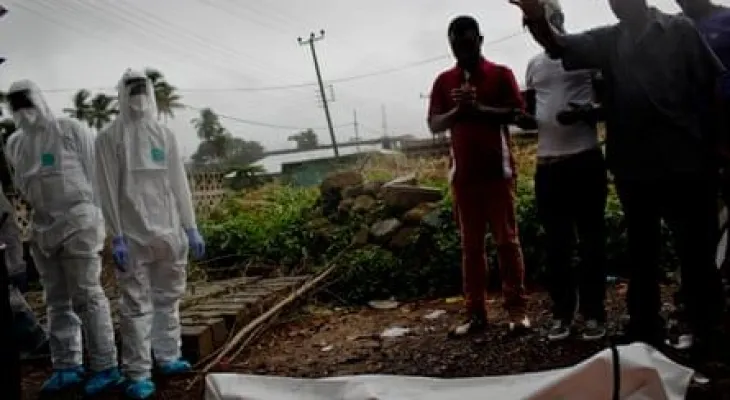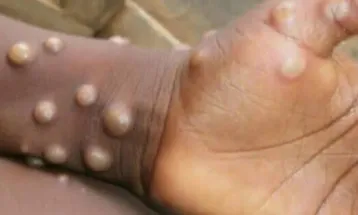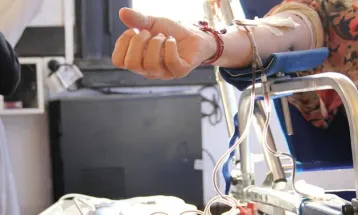
Securing the Future: Safe Transfer of Ebola Samples in Sierra Leone
Freetown – Sierra Leone, with support from international and national partners, has successfully transferred the remaining Ebola samples from remote storage locations to a central biobank. This critical operation aimed to minimize the risk of accidental exposure or misuse of these hazardous materials while paving the way for future scientific research.
The 2014-2015 Ebola outbreak in West Africa left Sierra Leone with significant challenges, including the storage of tens of thousands of Ebola samples. These samples, stored in inadequate facilities across the country, posed an ongoing biosecurity risk. To address this, Sierra Leone collaborated with Canada to establish a state-of-the-art laboratory equipped with Biosafety Level 2 and 3 facilities. Completed in 2022, this National Biobank Facility was designed to securely house these samples and other high-risk pathogens.
Transporting the samples required extensive planning, coordination, and risk management. The facilities in which the samples had been stored did not meet international biosecurity standards, and logistical hurdles, including pandemic-related delays, further complicated the process.
A multinational team was assembled to oversee the project, consisting of experts from Sierra Leone, Canada, the UK, and the World Health Organization (WHO). This collaboration ensured that every aspect of the move, from risk assessments to transportation, was meticulously handled. The local community's trust was key to the operation’s success, and transparent communication helped alleviate any concerns about the transfer.
The transportation process, which began in April, was timed to take advantage of favorable weather conditions. The team conducted multiple rehearsals to ensure the operation would proceed without error. Drawing on expertise in cold-chain handling, the integrity of the samples was maintained throughout the journey to the biobank.
This successful transfer marks a major step forward in improving biosecurity in Sierra Leone. Consolidating the samples in a secure location reduces biological threats and allows for potential future research on Ebola and other high-risk pathogens.
Moving forward, the samples will be evaluated for their scientific potential, with those deemed unnecessary to be safely destroyed to eliminate any remaining biosecurity risks. Continued progress will require the ongoing commitment of the Sierra Leonean government, as well as ongoing training and adherence to biosecurity protocols. The lessons learned from this operation will serve as a model for future efforts in global health security, ensuring a safer future for all.

















